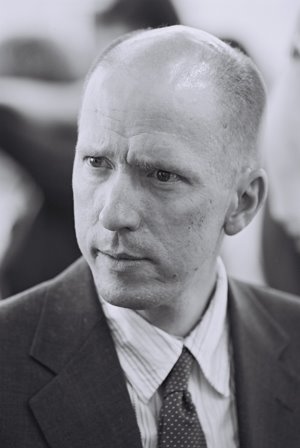Fiction
- Other Country, Stephen Scourfield (The Economist says it is "perfect for those who liked Cormac McCarthy's All the Pretty Horses" and that's one of my favourite books ever). It's now available in paperback--in Australia. Anyone willing to bring me a copy?
- Mr. Pip, Lloyd Jones, on paper in Canada now. I'll get a copy soon.
- On Chesil Beach, Ian McEwan: I listened to Atonement and thought it was great. While I thought Amsterdam was masterfully written, I didn't like the bleak vision and the absence of a character I could like just a little bit. I said I wouldn't read him again but this book about a wedding night intrigued me. I read my mom's copy. It's excellent, although not for everyone. McEwan's view of the human condition hasn't exactly softened.
- Then We Came to the End, Joshua Ferris (NYT and Slate both recommend highly). I had a look and I am not sure this is what i'm looking for...
- The Ghost, Robert Harris (not what i would choose on my own but the Economist praises it so i might pick it up on a 3 for 2 or something)
- The Complete Terry and the Pirates, Milton Caniff
- The Brief Wondrous Life of Oscar Wao by Junot Díaz Mom's got it for me!
- Out Stealing Horses: A Novel by Per Petterson
- Breath, Tim Winton (Australian novel involving surfing, good review in the Economist)
Sea of Poppies , Amitav Ghosh
Non-fiction
- The Rest is Noise: Listening to the Twentieth Century, Alex Ross (Everyone seems to like this book.)
- Byzantium: The Surprising Life of a Medieval Empire, Judith Herrin (I need this as part of the research for my historical novel which takes place partly in Constantinople.)
- The Discovery of France, Graham Robb [Ralph gave me the hardcopy to read]
- Uncertainty: Einstein, Heisenberg, Bohr, and the Struggle for the Soul of Science, David Lindley
- Day of Battle: War in Sicily and Italy, Rick Atkinson
- How to Read the Bible, James L. Kugel
- Nemesis (UK and Canada)/Retribution (US) , Max Hastings (sequel to Armageddon and Overlord books on WWII) . Q: What's the significance of the difference in titles?
